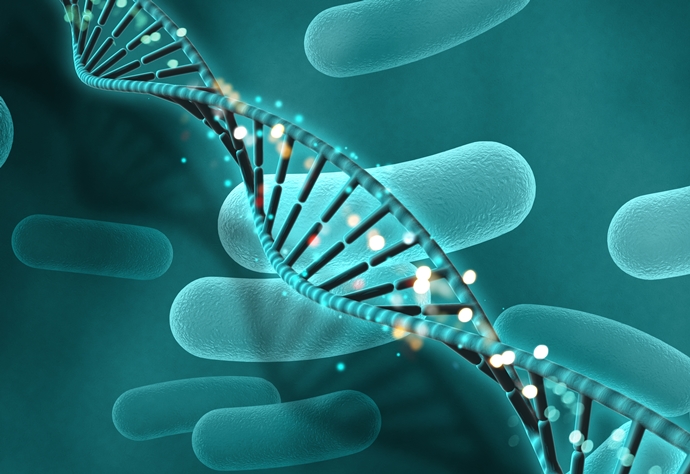
A group of Chinese researchers has discovered a way to guide stem cells towards the site of an injury. This discovery is expected to make stem cells much more effective at treating injuries and potentially help scientists develop new types of stem cell treatments. The researchers recently published their findings in Nano Letters.
The body uses signalling pathways to coordinate how cells move, proliferate, and die. It is a complex process that starts with signalling molecules binding to receptor tyrosine kinases proteins on the surface of cells. The molecules trigger the receptors, forcing them to form pairs and phosphorylate (introduce a phosphate group). This process activates other proteins that will prompt the cell to change its behaviour by moving, growing, or dying.
The research team, led by Professor Wang Hong-Hui and Nie Zhou at Hunan University, developed their treatment by modifying the behaviour of the receptor tyrosine kinases.They decided to engineer it to respond to infrared light instead of signalling molecules — allowing them to direct the movement of cells.
They targeted a specific receptor tyrosine kinase called MET as it is responsible for wound healing. The team also developed a DNA molecule that could bind two MET receptors simultaneously, causing them to activate and trigger the wound healing process.
The researchers attached copies of the DNA molecule to gold nano rods to make them sensitive to light. The infra-red would cause the nano rods to heat up and release the DNA, which would activate the wound healing receptors.
To test their treatment, the research team injected DNA-bound gold nano rods into mice near a site of injury. They then shone an infrared light onto the injury for a few minutes. After 3 days, the mice that had received the treatment had more muscle cells near the source of the injury than mice in the control group. They also had more signs of muscle regeneration, which meant the treatment was effective.
Further research is required to test the efficacy and safety of the treatment, but researchers are very excited by this breakthrough.
Source: A Light To Guide Stem Cells To Sites Of Injury
{{cta(‘d62560c2-336a-4f88-9683-44a37a5bd7fd’)}}


